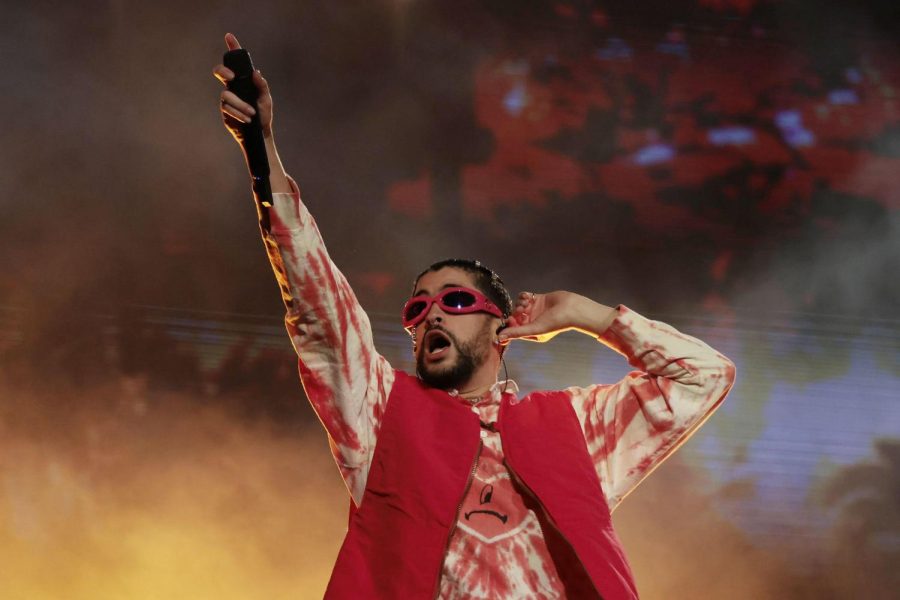Taylor Swift and Bad Bunny typically don’t come to mind when thinking of public figures to study in a college course- but it’s happening. Popular culture includes but is not limited to media, entertainment, fashion, and arts. Studying pop culture and those who play a strong role in it can have beneficial outcomes like opening doors for discussion and more engagement among students.
San Diego State University announced they will begin to offer a graduate course on Bad Bunny in Spring 2023 focusing on how he uses the media to build his brand and bring awareness to social and political issues. Texas State University also announced their approval for a course next spring named “Harry Styles and the Cult of Celebrity: Identity, the Internet and European Pop Culture.” NYU now holds a course on the entrepreneurship and music of Taylor Swift. The influence of Kendrick Lamar’s music, fashion and activism is taught in a course that explores his work at Montreal University. These courses used to be less common but are gaining popularity and interest on university campuses as they realize people are drawn to what they can relate to.
The educational value of courses with curriculum based on pop culture and more specifically, music artists, is starting to become more appreciated by professors and scholars. Cultural aspects of society are constantly changing and evolving. For example, music, art, and fashion, in a way, acts as a time capsule showing different trends from a certain time and place that may have otherwise been missed or overlooked by the media.
Topics that have been considered taboo are often displayed and addressed throughout different categories in pop culture. Many musical figures have bent gender norms and encouraged others to be comfortable to freely express themselves. The list of artists goes on from earlier people like Prince and Freddie Mercury to more recent ones like Miley Cyrus, Harry Styles and Bad Bunny. In a world so diverse, popular culture can provide a sense of commonality.
The study of pop culture academically should not be dismissed but some examples why include: the incredibly high interest in movie and book franchises that rake in millions a year, the sold-out shows and tickets that sell out in record times, and seas of people who line up outside events and hotel rooms of artists and celebrities in hopes to maybe get a glimpse. Or what about the comics that were created over 70 years ago and still maintain a large fan base? Courses on pop culture can offer an understanding as to why all of this attracts society so strongly. It can create a path to thinking more about the media and entertainment that is consumed.
There’s no escaping the influences of pop culture because it’s everywhere. Maybe we should start treating it like the “timeless” literature and historical figures we study now. It should not be a bad thing to gain a deeper knowledge on a person or topic in order to speak on it correctly in today’s age, even if it means Bad Bunny and Harry Styles.




